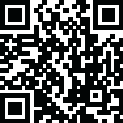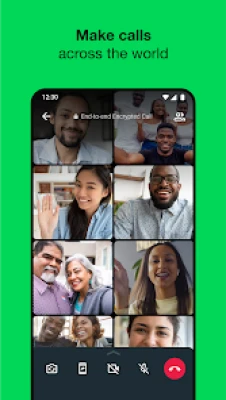
Latest Version
Latest known version for Android ~ 2.25.24.22 as of Sep 4, 2025.
September 16, 2025
Meta Platforms, Inc. (formerly Facebook, Inc.)
62.3 MB for the latest Android APK version noted. On iOS it can be larger; for example, one iOS version listed as ~183.7 MB.
90,001
Proprietary software; subject to WhatsApp’s End User License Agreement and Terms of Service. Not open source.
Android: com.whatsapp
Report a Problem
More About WhatsApp
WhatsApp is one of the world’s most popular messaging apps, used by billions globally to stay in touch with friends, family, colleagues, and communities. Since its founding in 2009 by Jan Koum and Brian Acton, WhatsApp has evolved from a simple status‑sharing service into a comprehensive communication platform. Owned by Meta Platforms, WhatsApp brings features such as one‑on‑one and group text messaging, voice calls, video calls, voice notes, file sharing, location sharing, and status updates. Its strong focus on privacy is one of its distinguishing features: chats are protected by end‑to‑end encryption, meaning only participants in a conversation can read or hear what is sent.
The app supports many platforms — Android, iOS, desktop, and web — enabling seamless communication across devices. For businesses and professionals, WhatsApp also offers WhatsApp Business, which enables businesses to connect with customers, set up catalogs, automated replies, verified business profiles, etc. Over the years, WhatsApp has added features such as disappearing messages, multi‑device support without needing your phone always online, group video calls, dark mode, sticker support, status stories, and more.
WhatsApp is free to use, though data charges may apply depending on your mobile plan. The user interface is generally simple and intuitive. Setup involves verifying a phone number; contacts are synced from your address book to see who is also using WhatsApp. Given its reach and active user base, WhatsApp has become a standard tool in many people’s daily lives for messaging, voice and video communication, sharing media, collaborating via groups, etc.
Rate the App
User Reviews
Popular Apps










Editor's Choice

















